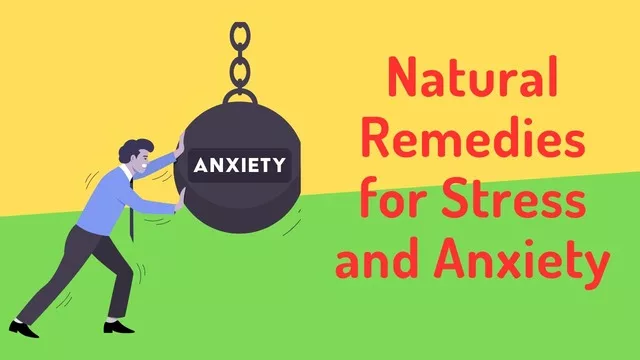Anxiety and stress, is a part of our hectic world and have a major impact on our physical and mental health. In the whirlwind of our lives, we often ignore these issues and let them slowly erode our overall health. However, taking care of these mental health issues is crucial to live an enjoyable and healthy lifestyle. There are a variety of natural solutions are available to treat and reduce anxiety and stress effectively. This comprehensive guide explains Natural Remedies for Stress and Anxiety.
Thankfully, nature has provided us with a wealth of resources and remedies to combat stress and anxiety naturally. Rather than relying solely on pharmaceutical interventions, which may come with unwanted side effects. We have the opportunity to explore holistic and integrative approaches to restore balance to our bodies and minds.
However, the reality is that unaddressed stress and anxiety can have profound consequences on our physical and mental health. Prolonged exposure to high levels of stress hormones can lead to a range of health issues.
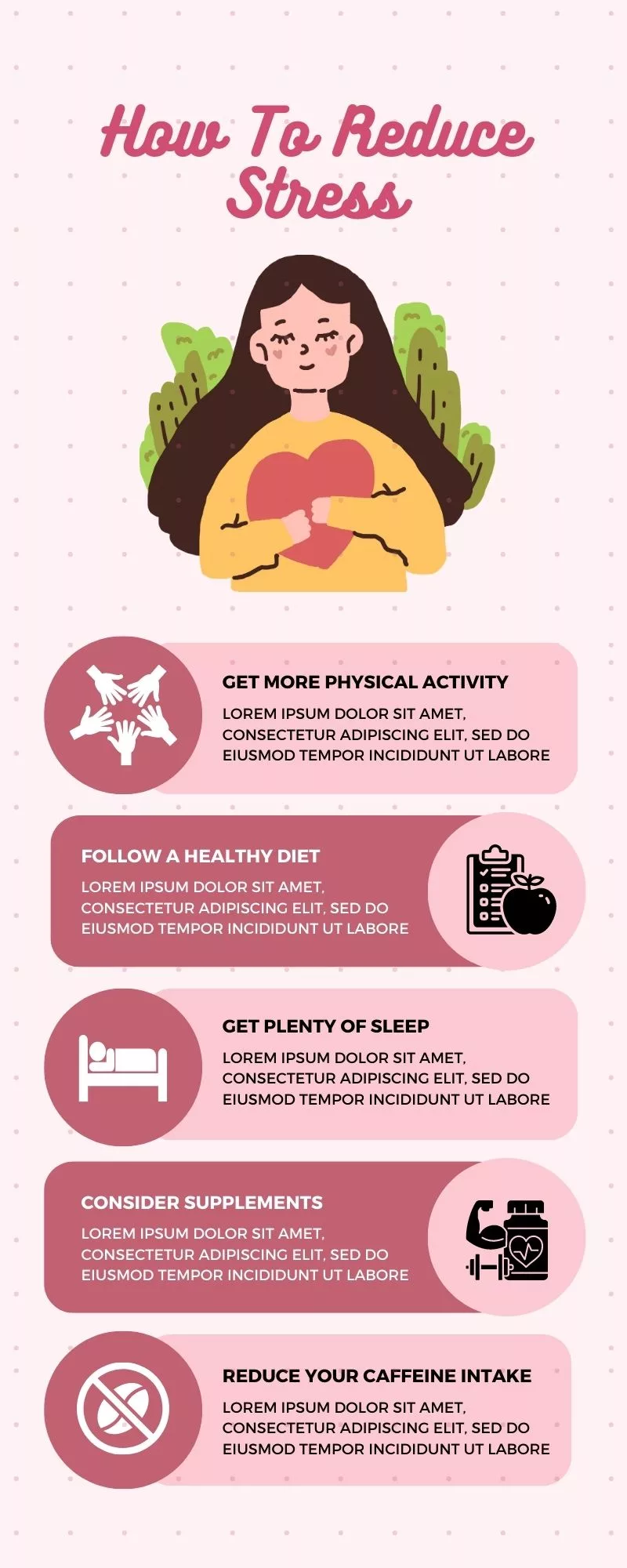
This can including cardiovascular problems, weakened immune function, digestive disorders, and even mental health conditions such as depression and anxiety disorders. Therefore, it is crucial to find effective ways to manage and alleviate these challenges.
We will delve into the science behind these remedies, explore their benefits, and provide practical guidance on how to incorporate them into your daily life. By adopting these natural strategies, you can empower yourself to take control of your mental health and cultivate a sense of inner peace and well-being.
Understanding Stress and Anxiety
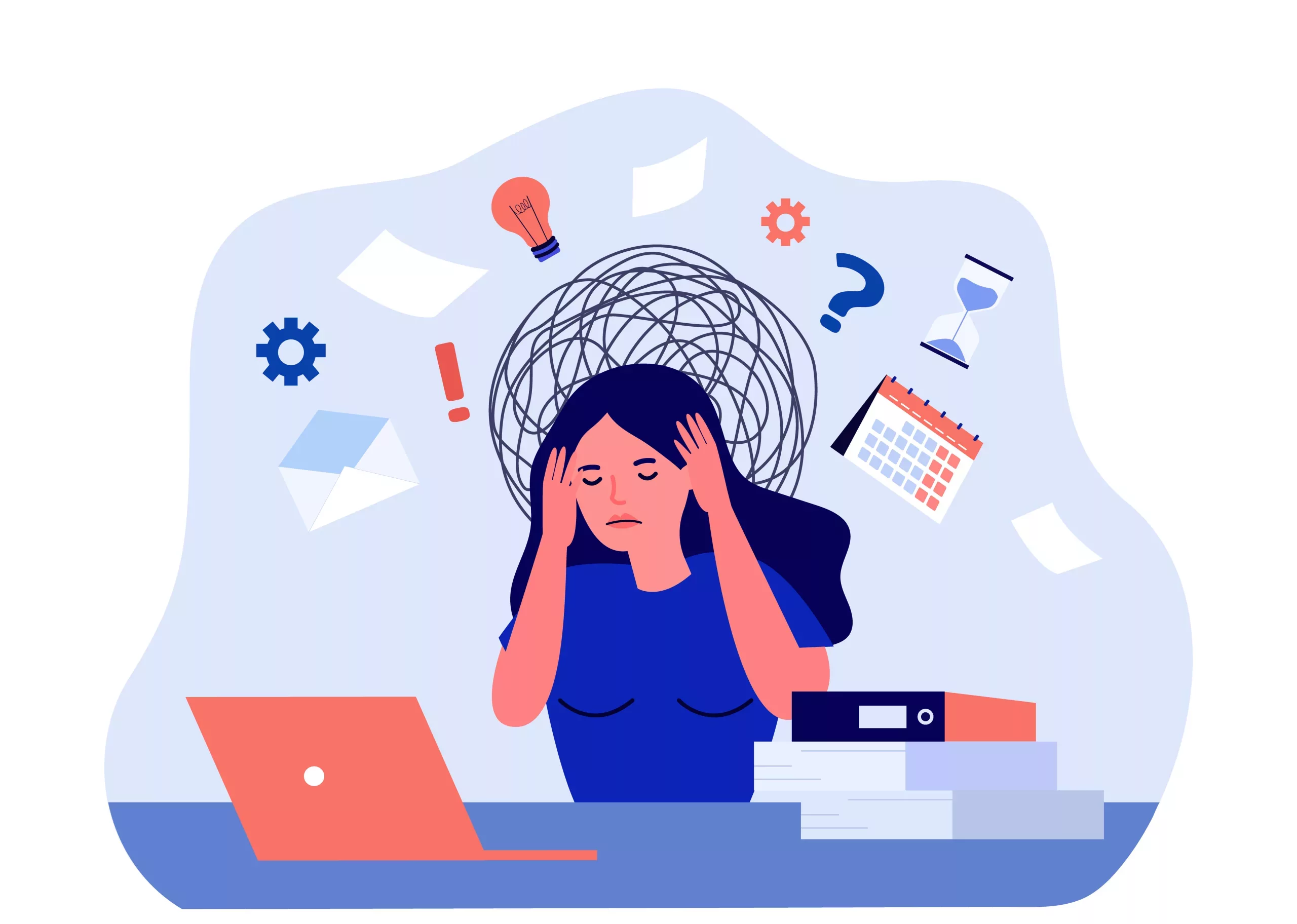
To develop effective strategies for coping we must first recognize our adversaries: anxiety and stress. Stress, which is a reaction to any change that requires the adjustment or reaction can be an inducer in small doses. But when it is chronic, it affects our physical and mental health.
On the other the other hand, anxiety, marked by a constant and excessive anxiety, is often a source of stress in every aspect of our lives causing disturbance to our peace. In time anxiety and stress can cause more serious health issues, such as obesity, heart disease and depression, highlighting the need for effective strategies to manage anxiety.
The Science Behind Natural Remedies
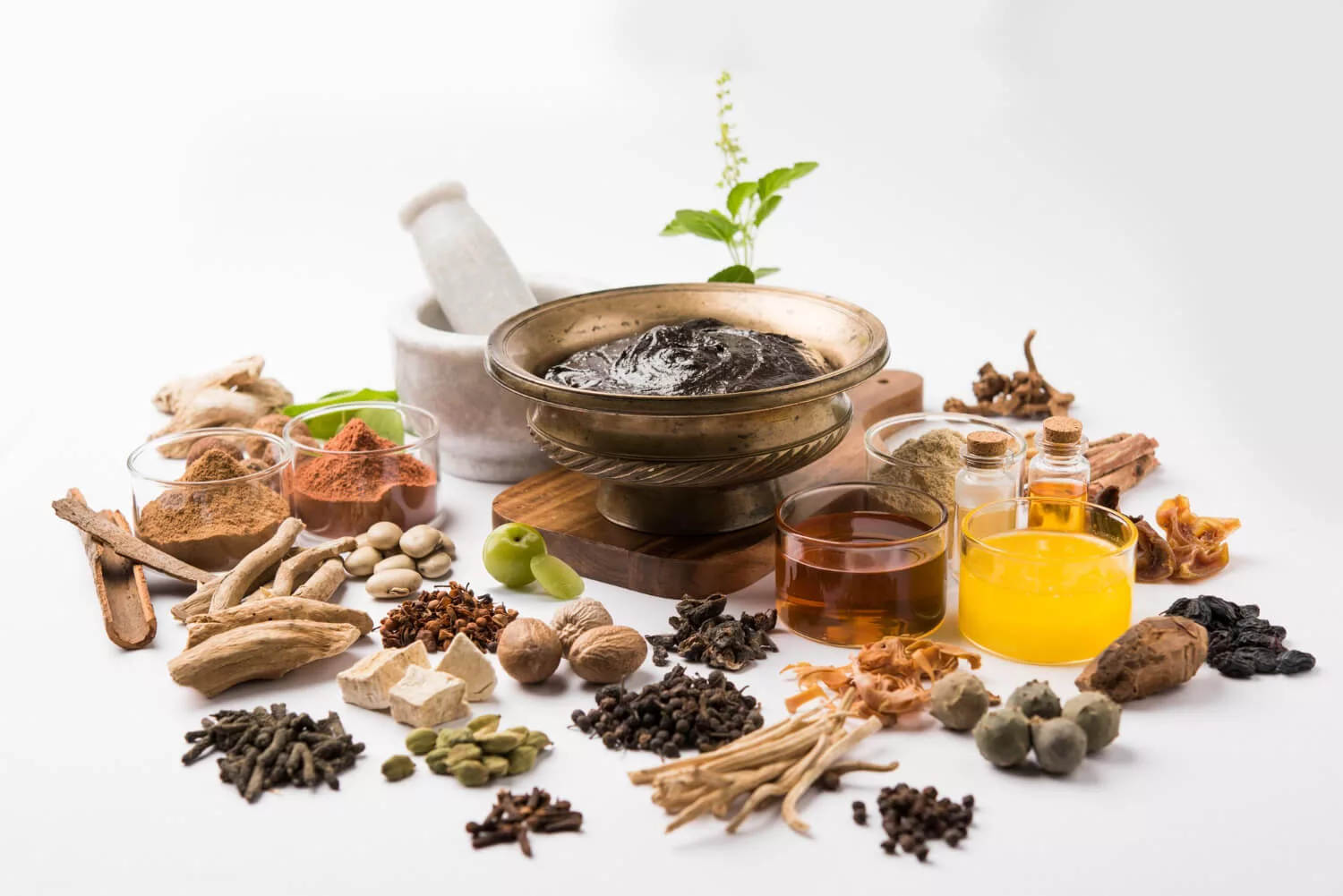
Our bodies have an incredible capacity to heal and regulate themselves. This is the reason natural remedies enter the picture. These treatments typically utilize the body’s inherent healing abilities that help us get back to a state of equilibrium and well-being.
In particular, certain food items boost the release of neurotransmitters involved to mood control, and certain exercises trigger our body to release endorphins which are happy hormones. By understanding and leveraging these natural, scientifically-proven strategies, we can create a holistic plan to manage stress and anxiety.
Importance of a Balanced Diet
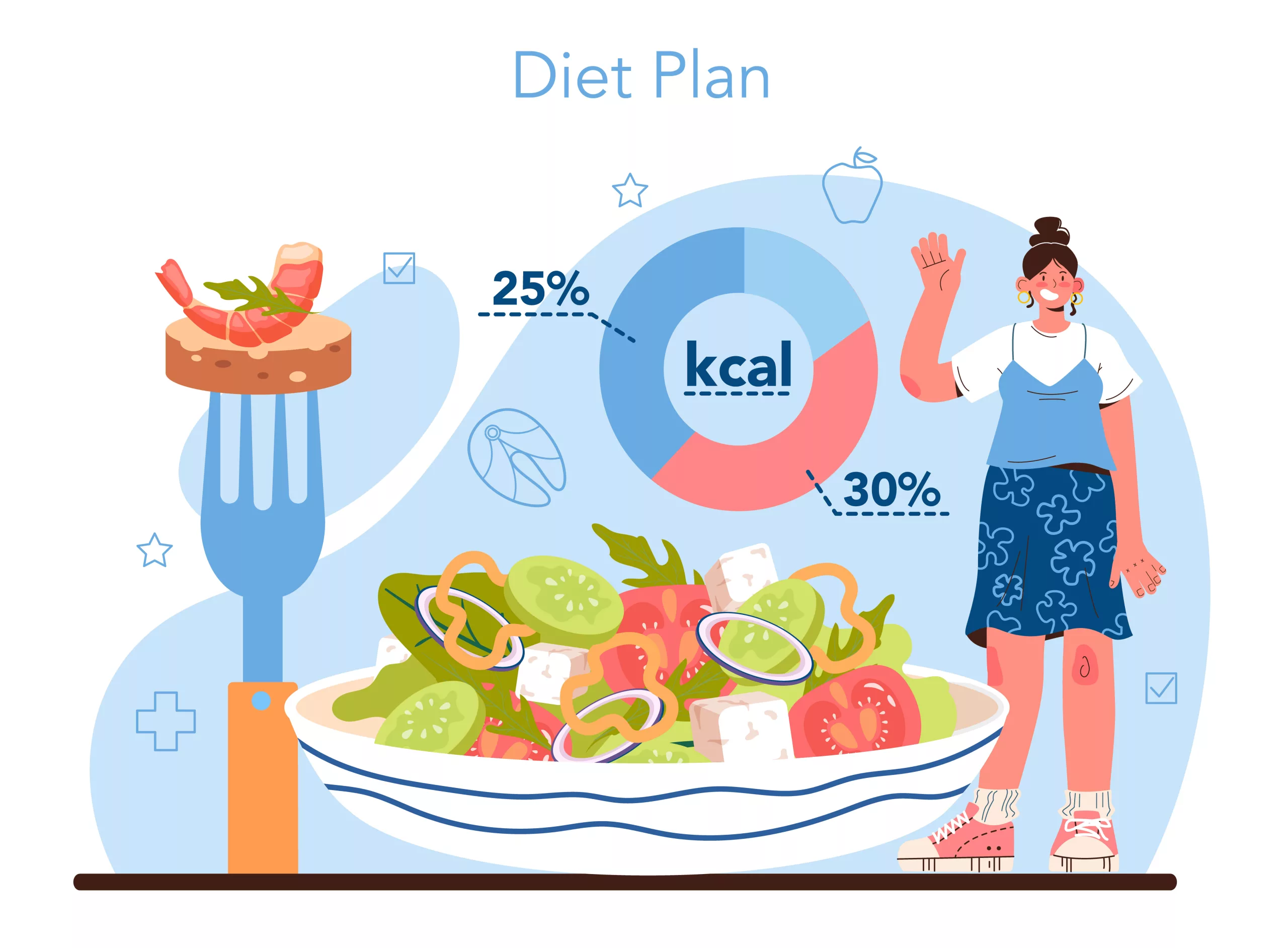
Food isn’t just an energy source but also plays an important part in our mental well-being. Food choices can affect our mood and stress levels as well as our overall mental well-being. The omega-3 fatty acids, magnesium and B vitamins, all known for their ability to reduce stress can be included in our meals. In addition, avoiding excessive intake of caffeine and sugar will help prevent the energy crash and jitters that accompany them, resulting in better mood stability.
Superfoods to Fight Stress
Certain superfoods are especially helpful in reducing anxiety and stress. Avocados, for example are high in stress-reducing B vitamins as well as heart-healthy fats. Blueberries are powerful antioxidants and protect our bodies from harmful negative effects of stress. Don’t forget dark chocolate that not only lifts our spirits but also decreases the cortisol stress hormone. Include these superfoods in your diet can greatly improve the body’s response to stress.
Physical Exercise
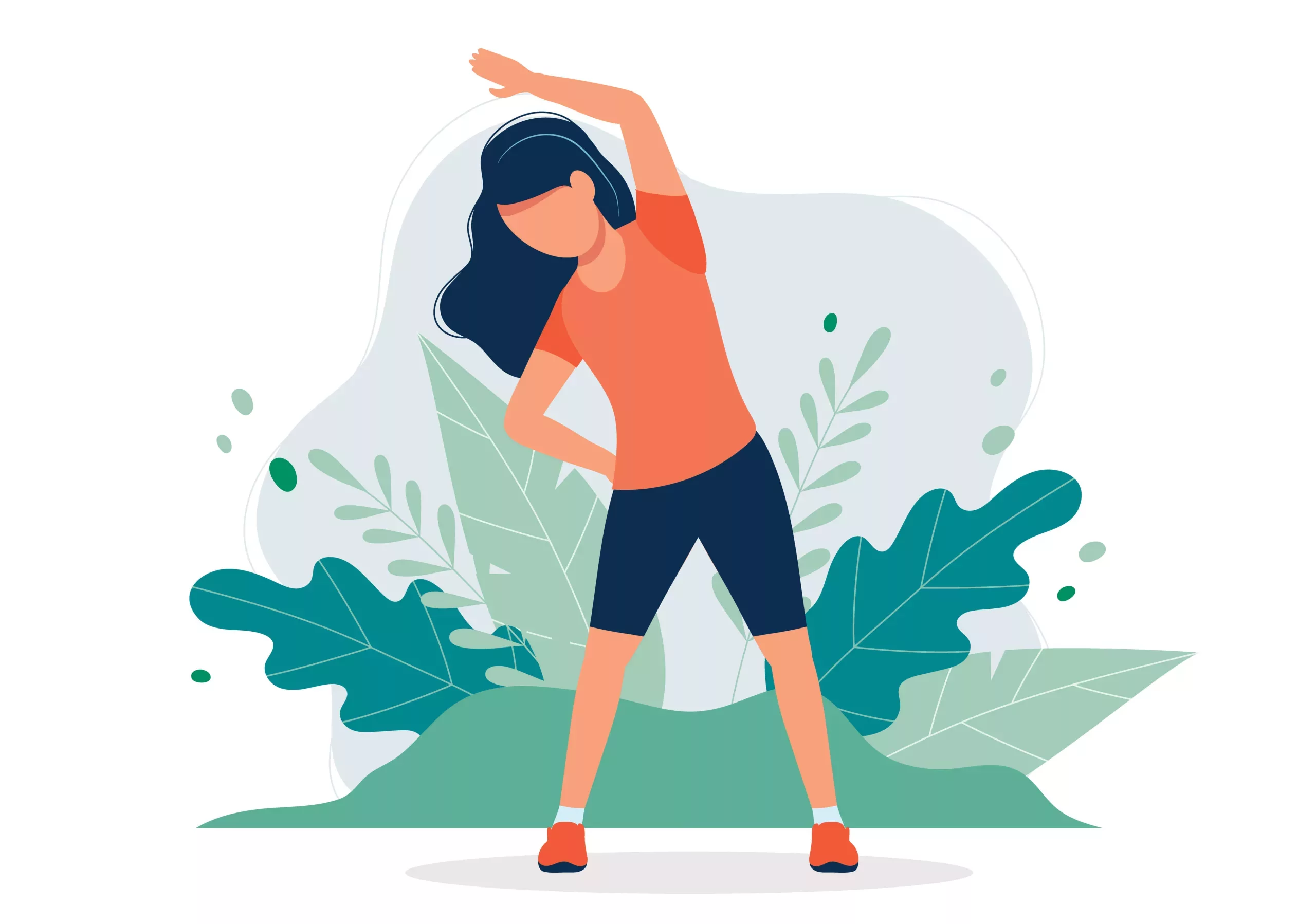
Physical exercise is another powerful tool in our arsenal of stress-management. Regular physical activity causes our body to release endorphins, neurotransmitters function as natural painkillers and mood boosters. No matter if you’re into the brisk walk or cycling, swimming or weight lifting, keeping the habit of active living can be beneficial to your stress levels.
Yoga and Meditation
The ancient techniques of meditation and yoga have been able to stand through the years. Showing their value in the management of stress and anxiety. Both meditation and yoga help to create the feeling of inner peace and calm by increasing our mindfulness, which allows us to remain present and focused.
They also help improve breathing, which is a key element of stress reduction. By incorporating meditation and yoga into your routine, you will strengthen your defenses against anxiety and stress.
Adequate Sleep

Sleep is the unnoticed the hero for mental wellbeing. In our efforts to be successful in our day, many of us neglect our sleep. But we do not realize the implications of this behavior. Insufficient sleep does not just make us feel tired and unfocused, but can also increase anxiety and stress levels.
A good night’s sleep however will allow our mind and body to recharge, enabling us with the ability to take on any challenges that may arise the coming day. Setting a routine for sleep and creating a comfortable sleeping environment, and staying away from electronic screens prior to the time you go to bed can dramatically improve the quality of your sleep, thus lessening stress and anxiety.
Herbal Remedies

Nature’s pharmacy has a variety of herbs that are renowned for their ability to relieve stress. These natural remedies, which have been used for centuries in various cultures, offer an organic, non-toxic way to reduce stress and anxiety.
Chamomile
Chamomile is a popular element in herbal teas is known for its calming properties. It’s antioxidants help to aid in sleep and ease anxiety making the chamomile tea a great drink to relax after an exhausting day.
Green Tea
Green tea, a popular drink across many Asian culture, is loaded with potent antioxidants. It also contains an amino acid known as L-theanine. The amino acid helps to relax and fight stress which makes green tea a great supplement to your stress-management regimen.
Valerian Root
It is ometimes referred to as nature’s Valium is extensively used for its sedative effects and anxiety-reducing effects. Valerian root is a good choice as a supplement, or tea to help you sleep better and relax.
Aromatherapy
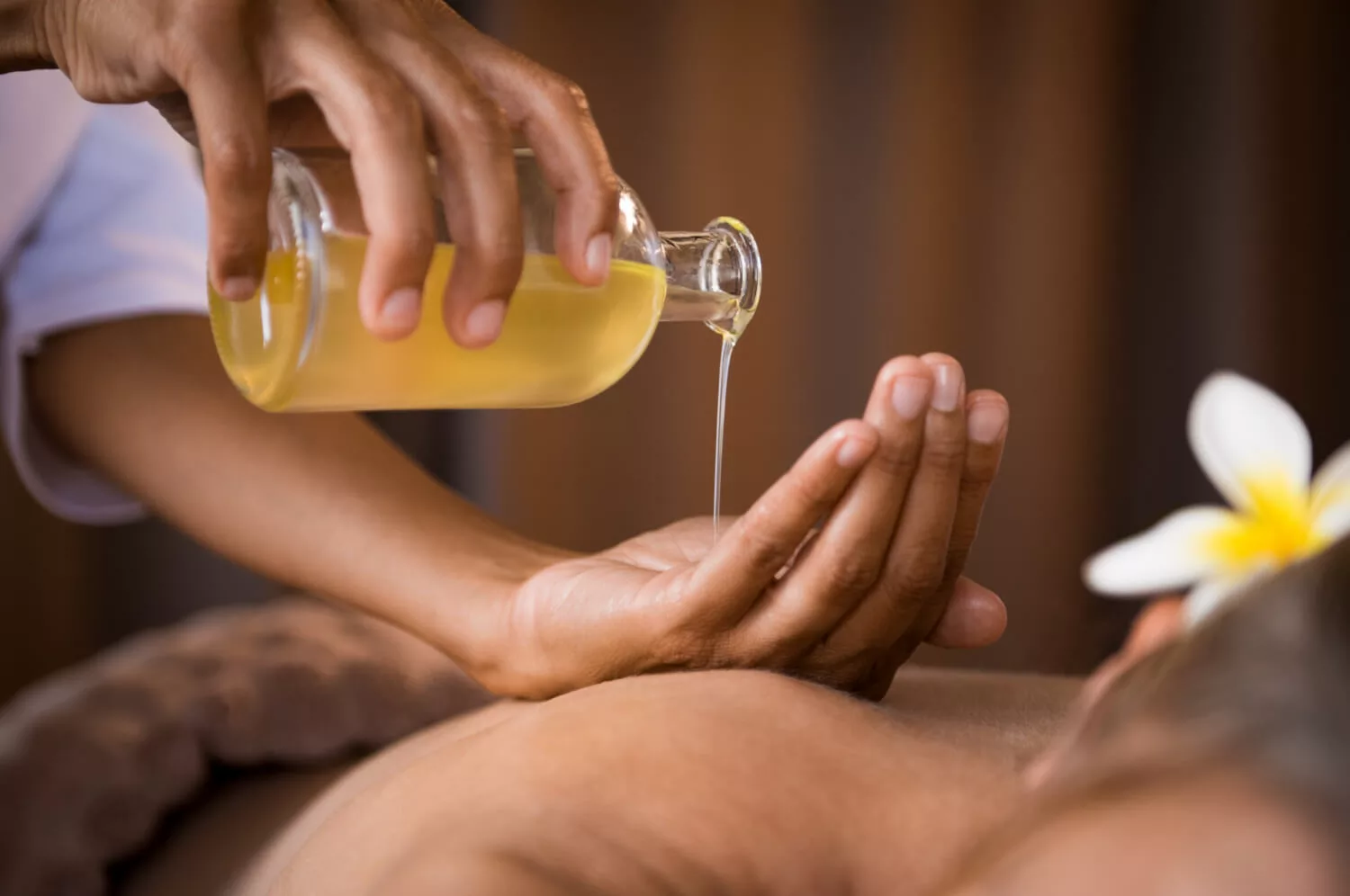
Aromatherapy, which is the method of using essential oils to achieve health benefits can be a relaxing method to ease anxiety and stress. Certain scents, such as jasmine, lavender and chamomile are believed to promote relaxation and soothe the nervous system. If you are using the oils in a diffuser in a soothing bath, or for a massage essential oils, they can provide a relaxing experience and relieve stress.
The Power of Mindfulness
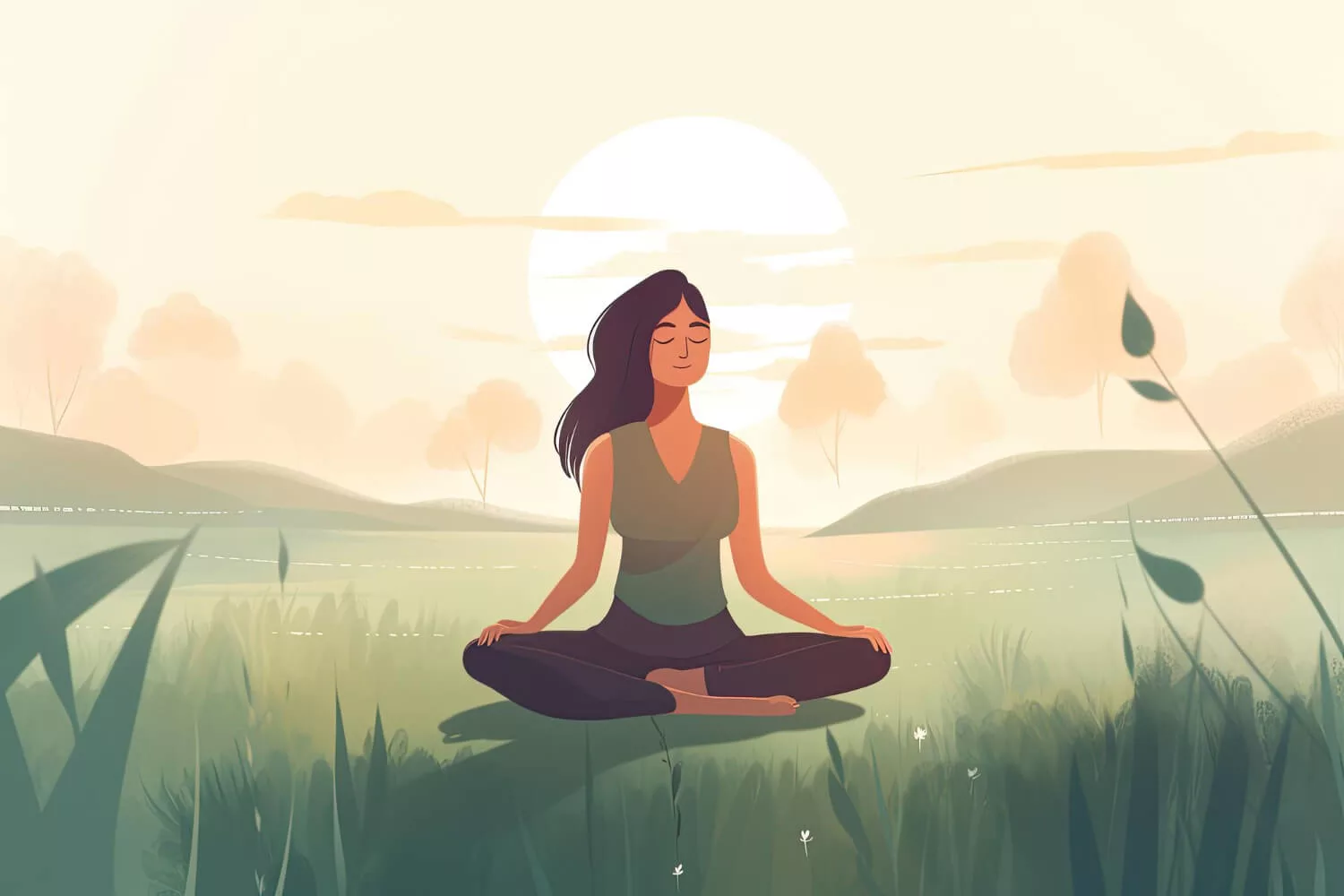
Mindfulness, which is the act of being fully present in the present is an effective weapon in the fight against anxiety and stress. Our minds tend to dwell on the past or worries about the future, which can cause anxiety and stress. Mindfulness helps us return our focus to the present moment, assisting us achieve a sense calm and peace. Techniques like mindfulness eating, walking mindfully or simply observing your thoughts with no judgement can greatly reduce anxiety and stress.
Maintaining Social Connections

Humans are social creatures, and connections play an essential role in our mental wellbeing. Connecting with family and friends by sharing our thoughts, concerns, and receiving support can significantly reduce anxiety and stress. Simple acts such as hugging an acquaintance can cause the release of oxytocin an hormone that creates feelings of calm and trust as well as psychological stability. Don’t undervalue the power of a nice conversation or a warm embrace in your journey to manage stress.
Deep Breathing Techniques
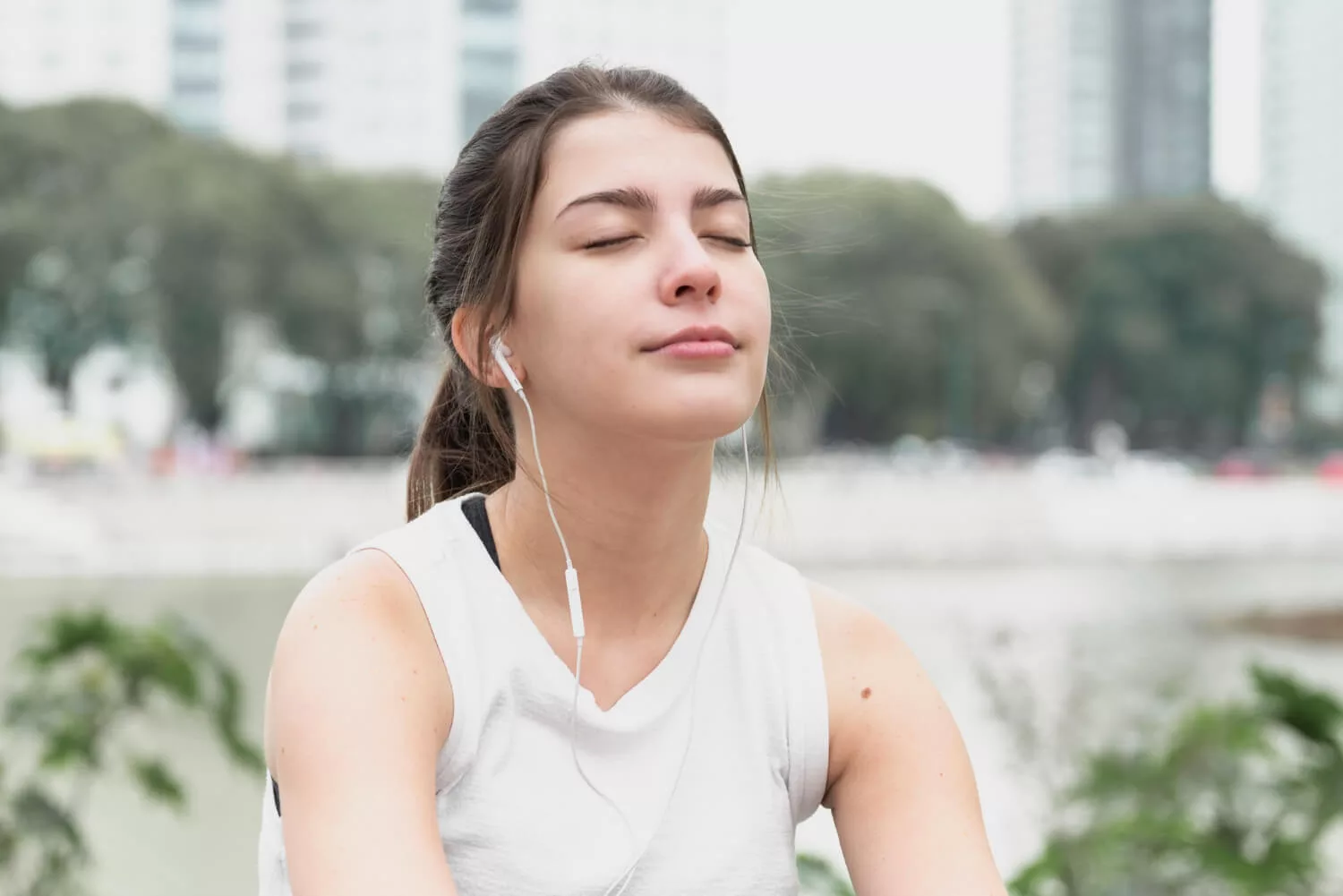
When we are stressed our breathing can become quick and shallow and triggers a series of physiological reactions that increase anxiety. Deep breathing, which is also referred to as diaphragmatic breath, can reverse this stress response, and help to create an overall state of relaxation.
By deliberately slowing our breathing down and making sure that the belly (not our chest) rises with every breath, we are able to reduce the heart rate and relax our muscles and calm our mind. The practice of deep breathing regularly can be a game changer in managing anxiety and stress.
Progressive Muscle Relaxation (PMR)
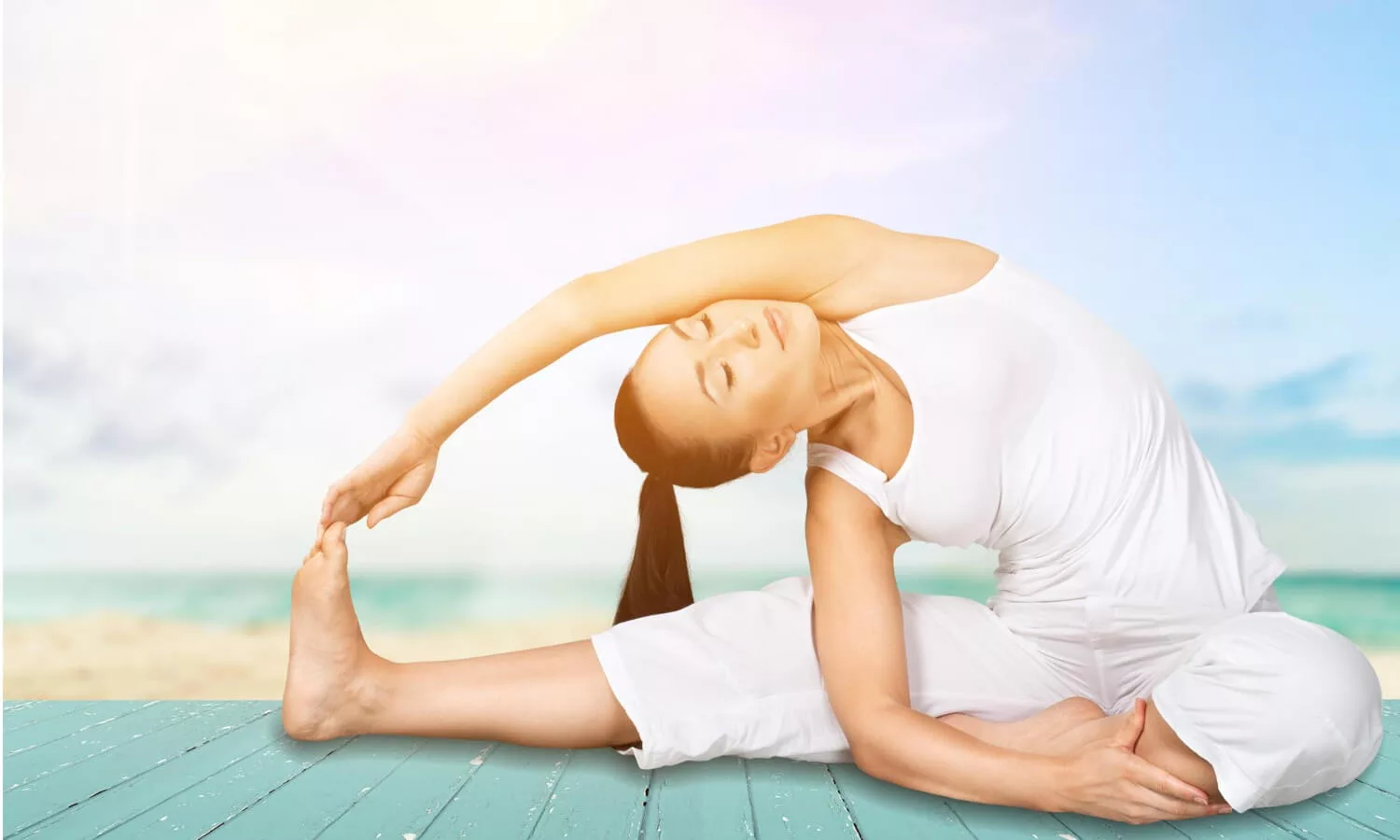
Progressive Muscle Relaxation (PMR) is a method of tensioning and relaxing each muscle group of the body. This practice makes you more mindful of your physical sensations and helps focus your mind on the distinction between tension and relaxation. Through learning to identify and manage these states, you’ll be able to improve your body’s reaction to anxiety and stress.
The Impact of Art and Music

Music and art, both powerful ways of self-expression can be therapeutic for our mental well-being. Making art, whether drawing, painting or drawing can help us to distract our minds from the stressors in our lives and offer an outlet for creativity to our feelings, and trigger the state of flow in which we are completely immersed and engaged in the process.
In the same way, music can trigger emotions and release happy neurotransmitters. They act as a great stress-relieving tool. If you’re creating art or simply enjoying it, these activities can greatly aid in managing anxiety and stress.
The Role of Professional Help

While natural remedies are effective, they’re not a substitute for professional assistance. If anxiety and stress persist or have a significant impact on your lifestyle. It’s crucial to seek assistance from mental health experts. Psychologists and therapists can offer customized strategies and treatments.
Conclusion
In a constantly overly stressful world, it’s not a surprise that anxiety and stress are becoming more common. But, by recognizing these conditions and taking proactive steps to implement natural remedies. We are able to not only manage, but also reduce anxiety and stress in the long run.
From the inclusion of an appropriate diet, regular gym routine, sufficient sleep, to practicing mindfulness. Such as deep breathing, meditative breathing and keeping friendships, the natural solutions are endless and are within our reach.
It is important to remember that every person’s experience with anxiety and stress is unique. What can work for one person might not be the same for another. It’s about experimenting with different methods and listening to the body’s signals, and discovering the best solution for you.
Finding the way to anxiety and stress relief might not be easy. However, with perseverance and patience, along with a bit of self-love, it’s totally possible.
FAQs

Exercise and diet alone relieve anxiety and stress?
Diet and exercise are crucial components of stress management however they aren’t an all-in-one solution. They are best if they are coupled with other strategies including sufficient sleeping, mindful, keeping relationships with others, and getting professional assistance, if needed.
Do herbal remedies pose any risk?
Although herbs are typically safe, they could interact with medicines and cause adverse negative effects. Therefore, it’s always recommended to consult with a health professional prior to beginning any treatment with herbs.
What are some examples of mindfulness exercises?
Mindfulness-based exercises range from simple exercises like mindful eating or mindful walking. To more structured techniques such as mindfulness-based stress reduction (MBSR). The trick is to focus your entire focus on the present, without judgment.
How can breathing techniques for deep breathing help reduce stress?
Deep breathing triggers the body’s relaxation response. This leads to a slow heartbeats, relaxed muscles and lower blood pressure, thereby reducing the symptoms of stress.
Natural remedies can replace the necessity for professional assistance in reducing stress and anxiety?
While natural remedies can help reduce anxiety and stress. But they shouldn’t be used in place of professional assistance, particularly in the case of chronic, severe or chronic anxiety. If anxiety and stress affect your daily routine seeking help from a professional is vital.

